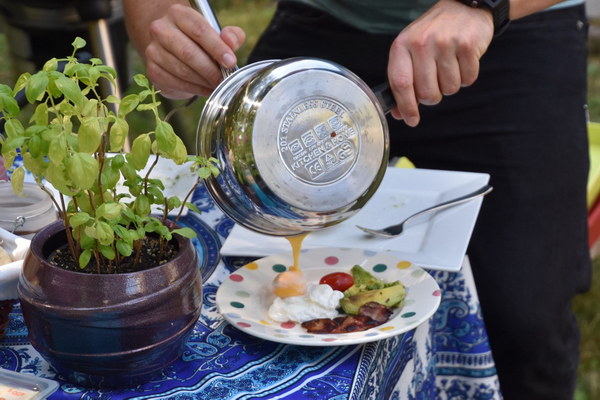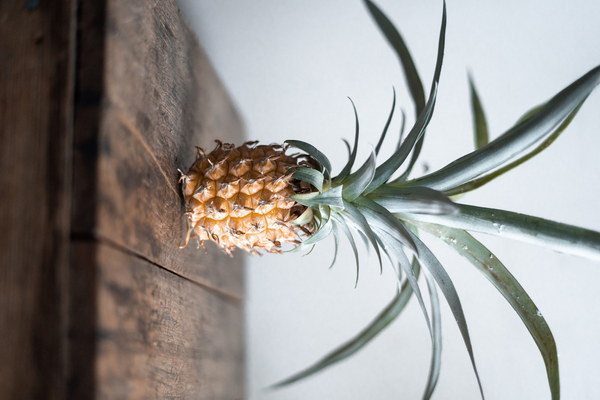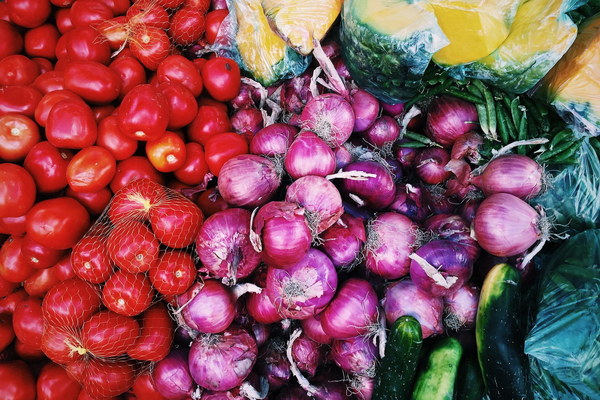Nourishing Spleen and Stomach The Key to Treating Blood and Qi Deficiency What Medicines to Take
In traditional Chinese medicine, it is often emphasized that individuals with blood and qi deficiency should focus on nourishing their spleen and stomach. The theory is based on the belief that the spleen and stomach are the foundations of the body's overall health, as they are responsible for the transformation and transportation of nutrients. In this article, we will explore the importance of nourishing the spleen and stomach for those with blood and qi deficiency, and discuss the types of medicines that can help.
Blood and qi deficiency is a common condition in Chinese medicine, often characterized by symptoms such as fatigue, weakness, poor appetite, and pale complexion. These symptoms arise from an imbalance in the body's energy, where the spleen and stomach are unable to effectively process and distribute nutrients, leading to a deficiency of blood and qi.
The spleen and stomach are considered to be the primary organs in the process of digestion and absorption of nutrients. The spleen is responsible for transforming the nutrients from food into qi and blood, while the stomach is responsible for breaking down food and absorbing nutrients. When these organs are functioning properly, the body receives the necessary nutrients to maintain its energy and health.
When the spleen and stomach are weakened, it can lead to a variety of issues, including:
1. Poor digestion: The body may struggle to break down and absorb nutrients, resulting in malnutrition and a weakened immune system.
2. Weakness and fatigue: Without adequate nutrients, the body's energy levels may become depleted, leading to a feeling of constant tiredness.
3. Weak immune system: A weakened spleen and stomach can make the body more susceptible to infections and diseases.
4. Poor circulation: Deficiency in blood can lead to poor circulation, causing symptoms such as cold hands and feet, and pale skin.
To address these issues, it is essential to nourish the spleen and stomach. This can be achieved through diet, lifestyle adjustments, and the use of herbal remedies.
In terms of diet, it is important to consume foods that are rich in nutrients, easy to digest, and beneficial for the spleen and stomach. Some of these foods include:

1. Lean proteins: Fish, poultry, and legumes are good sources of protein that are gentle on the digestive system.
2. Sweet potatoes and root vegetables: These foods are rich in nutrients and can help boost the spleen and stomach's function.
3. Herbs and spices: Ginger, cinnamon, and turmeric are known for their digestive benefits.
4. Fermented foods: Foods such as yogurt, kefir, and sauerkraut can help maintain a healthy gut flora.
In addition to diet, certain herbal remedies can be used to nourish the spleen and stomach. Some common options include:
1. Astragalus (Astragalus membranaceus): This herb is known for its immune-boosting properties and its ability to strengthen the spleen and stomach.
2. Codonopsis (Codonopsis pilosula): This herb is often used to improve energy levels and support the immune system.
3. Licorice (Glycyrrhiza uralensis): Licorice is known for its soothing properties and can help alleviate digestive issues.
4. White peony (Paeonia lactiflora): This herb is used to support the liver and regulate blood flow, which can help improve overall health.
When considering herbal remedies, it is important to consult with a qualified practitioner, as they can provide personalized advice and recommend the most appropriate treatments based on an individual's specific condition.
In conclusion, nourishing the spleen and stomach is crucial for individuals with blood and qi deficiency. By adopting a healthy diet, making lifestyle adjustments, and utilizing herbal remedies, it is possible to improve digestion, increase energy levels, and support overall health. Remember to seek guidance from a qualified practitioner to ensure the effectiveness and safety of any treatments.









